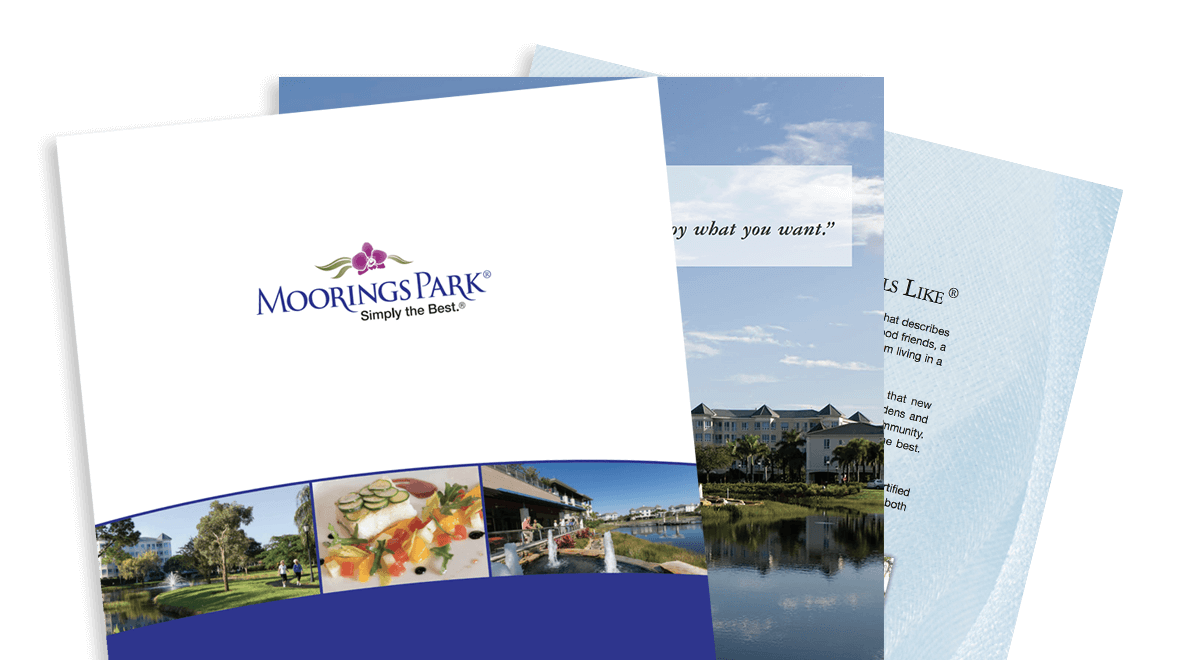
When we speak about healthy living, we rarely hear conversations on the topic of posture hygiene, which turns out to be an extremely important component to the health and quality of one's life in later years.
Related Blog: Three Exercises to Help Reverse Bad Posture
Many people are suffering from issues related to poor posture hygiene and are unaware. So, to shed light on the symptoms and solutions associated with it, let’s break down everything you need to know, so you can get back to living your best life.
What is Posture Hygiene?
Posture Hygiene refers to a term developed for a set of "cues" we can use to improve our posture. Proper posture is important for our bodies because it allows us to execute activities effectively by offsetting the toll gravity, poor body mechanics, stress, and injuries have on our posture. The most obvious example of this is simply sitting in a chair.
Why is Good Posture Hygiene Important?
The importance of good posture is huge. How we hold our bodies determines how effectively the rest of our body operates. Good posture helps us stay balanced, mitigate potential spinal injuries, improves flexibility and range of motion, and enables us to breathe more efficiently.
What are the Symptoms of Poor Posture Hygiene?
The symptoms of poor posture include:
Headaches—Bad posture can lead to the tightening of our neck muscles which compromises the natural curvature of our spine. This causes neck pain which radiates to our head, triggering a headache.
Shoulder Pain—Poor posture increases the possibility of rotator cuff tendons pressing against the coracoacromial arch of the shoulder, causing pain when we perform actions such as lying down or performing simple movements on the side of the afflicted shoulder.
Back Pain—Back pain stemming from poor posture is triggered when a person tries to sit or stand-up by lifting their chest, causing their lower back muscles to work harder and overextend.
Jaw Pain—Poor posture can also lead to the development of temporomandibular joint syndrome or TMJ, which is a condition that causes pain in your jaw joints and in the muscles responsible for controlling jaw movement. The correlation between poor posture in the neck and shoulders or forward head posture stems from delicately balanced joints becoming misaligned, causing popping, locking, and cramping that may evolve into jaw pain.
Fatigue—Poor posture can add tension and compress the bones, joints, and ligaments, altering the way our muscles fire. Because of the added stress and strain, our bodies must work harder to compensate, causing fatigue to set in quicker than if our bodies were operating more efficiently.
Poor Circulation—If you sit for hours a day and have poor posture, you are at risk of developing circulation issues which could lead to an array of health problems such as muscle cramping.
How Can We Improve Our Posture Hygiene?
As stated above, there are a few cues we can implement in our lives to improve our posture, such as:
- Keeping knees straight, not locked, and pointed forward
- Tucking our hips under our shoulders while squeezing our glutes
- Engaging abdominal muscles
- Keeping our shoulders up, back, and down
- Pointing our head toward the ceiling
- Standing with feet shoulder-length apart, toes facing forward
Naples-area residents in search of retirement options that promote a lifestyle focused on integrated wellness and socialization, while also offering luxury residences set amongst lakes, gardens and preserves should contact Moorings Park Communities today to learn more about the unique retirement options offered at each of our three campuses.



